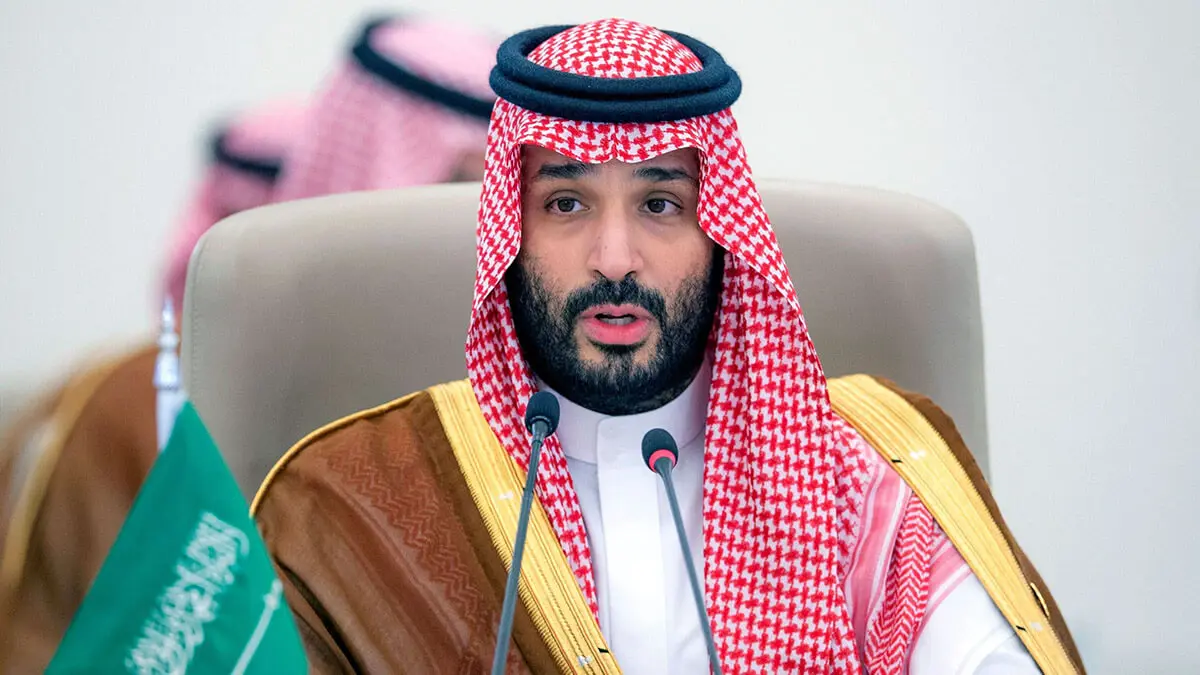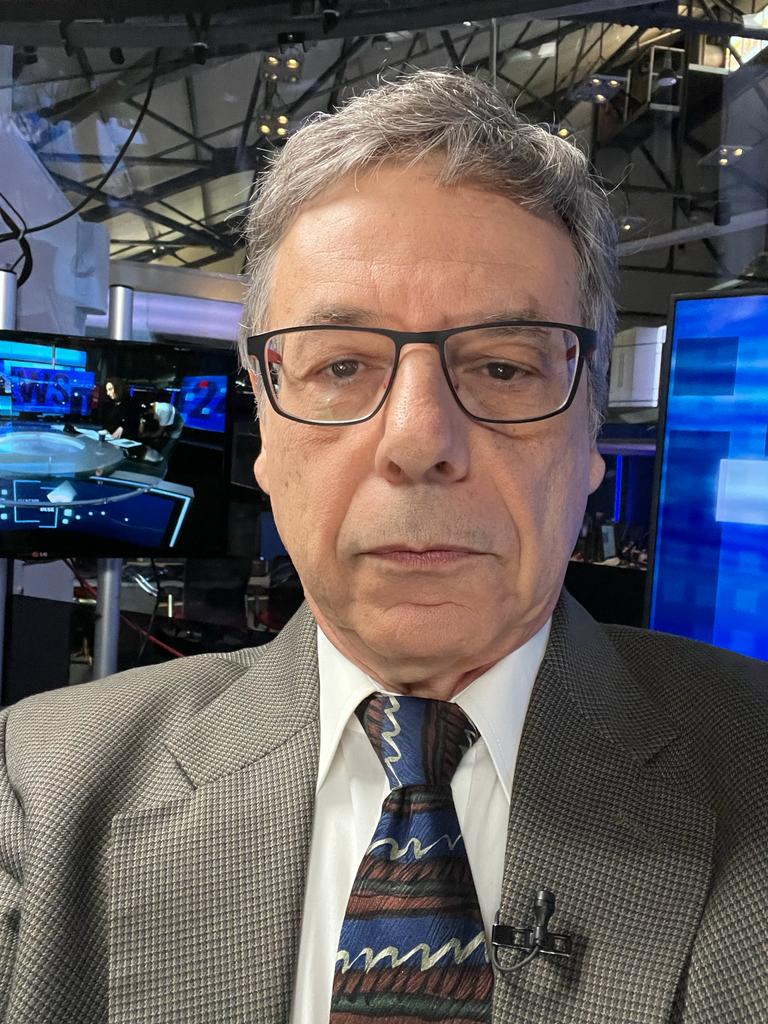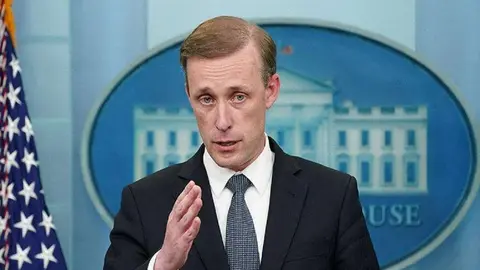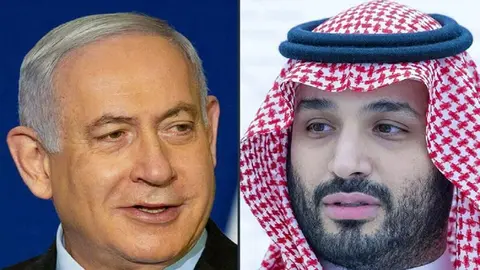Normalisation between Israel and Saudi Arabia would enhance Middle East stability

In recent months, there has been speculation about a possible diplomatic normalisation between Israel and Saudi Arabia, a historic milestone that could favour stability in the Middle East. Despite current difficulties and differences, the two countries have several common interests that, with the mediation of the United States, could foster a peace agreement. Danny Ayalon, former Israeli ambassador to the United States, talks to Atalayar about this possible scenario, its relevance for the actors involved and its consequences.
How close are we to a peace agreement between Saudi Arabia and Israel?
I don't think normalisation between the two countries is very close. I think it is a process that will take time. There are three countries involved: the United States, Saudi Arabia and Israel; but I would say there are two levels of interest. The first relates to bilateral relations between the United States and Saudi Arabia. It is important for the former to return, as a leader, to the Middle East, especially after China's entry into the region. The fact that Beijing pushed for the restoration of diplomatic relations between Saudi Arabia and Iran was, in my view, a blow to US prestige.
For the US, the Saudis are important on several levels. First, they have traditionally been an ally in the region. It is important for Washington to be able to negotiate with the Saudis on oil prices and production of all quantities, especially as elections approach. The upcoming elections are very important for President Biden to obtain reassurance on energy markets, and this can be achieved through a partnership with Saudi Arabia.
On the other hand, for the Saudis their relationship with the US is also very important because Iran remains the Kingdom's main enemy and they would like to obtain some kind of defence treaty from the Americans and increase their armaments. They are also asking for civilian nuclear reactors, which is a problem for the Americans, who oppose it.
This is what the US-Saudi alliance is all about. Now comes the Israeli factor, which is also important for both. Saudi Arabia and Israel have many common interests. The first is security. Security in the face of Iranian provocations and aggression. On the other hand, they also have the fight against terrorism in common. The Saudis are under threat from Daesh, al-Qaeda and very extremist or radical terrorist groups. So any defence cooperation with Israel can help them on these two issues, which are very important for their national security.
But it is not all about security, as the Saudis, like the whole Middle East, are suffering from climate change, which is drying up the region. Food security and water availability are important here, two factors where Israel can help a lot with technological cooperation as we do with Bahrain, the United Arab Emirates, Morocco, Egypt and Jordan.
Finally, relations between Israel and Saudi Arabia are also important to the Americans because these two countries are their allies in the region and normalisation could increase stability in the Middle East, as well as further deterring Iran.

China's presence in the Middle East was discussed earlier. In addition to its role in Saudi-Iranian relations, China is trying to profile itself as a mediator between Israelis and Palestinians. How can normalisation between Riyadh and Jerusalem benefit the Palestinians?
It is very important for the Saudis that something is given to the Palestinians. And it could be something like what was promised to the United Arab Emirates when they signed peace with Israel, which pledged not to annex the West Bank. When the agreement is in place, what the Saudis will want from Israel will be some kind of commitment to the Palestinians, it could be in terms of humanitarian aid, economic aid, security cooperation, maybe limiting settlement activities. Things like that.
And don't you think that maybe with the current Israeli government this is a bit difficult?
Very difficult. I don't think this government can do it. And that's why I don't see normalisation around the corner. The Saudis cannot stop alluding to the Palestinian issue, especially after the peace negotiations between Israel and Bahrain and Israel and the United Arab Emirates. Saudi Arabia cannot afford to do less than what other Arab countries have done.

Some experts and analysts point out that a peace agreement between Israel and Saudi Arabia could help find a solution to the Israeli-Palestinian conflict, do you agree?
Absolutely. I think the Abraham Accords were very important for the region. Until then, the Palestinians had veto power over Arab countries in their relations with Israel, so not everything was going in the right direction in the region. The common consensus was that in order to have peace between Israel and the Arab countries, peace between Israel and the Palestinians had to be achieved first.
This we tried over and over again and it didn't work. That's why the United States decided that, instead of starting with the Palestinians, maybe we should reverse the order, maybe we should reach peace with the Arab countries first and then with the Palestinians.
It makes sense because the interests of the region are, as I mentioned, technological cooperation related to food and water, energy and, of course, countering all the threats from terrorist organisations and Iran. And it was the first time, with the Abraham Accords, that the Arab countries, especially the Gulf countries, put their interests before Palestinian interests.
So now the normalisation process will be more natural. After reaching peace with Egypt, Jordan and after the Abraham Accords, with Morocco, Bahrain and the United Arab Emirates, it is natural to continue this process with Saudi Arabia.

How do you think other countries in the region, for example Iran, will react to this possible normalisation?
Iran, of course, will be upset. But the Saudis are strong enough to have relations with Iran and Israel at the same time. These are their own interests and no country can tell them what to do. So Iran on this issue is not a factor. The main thing is for the Saudis to get what they want from the Americans and something from Israel on the Palestinian issue. These two things would be the basis for this new alliance and for peace between Israel and Saudi Arabia.
Americas Coordinator: José Antonio Sierra.










